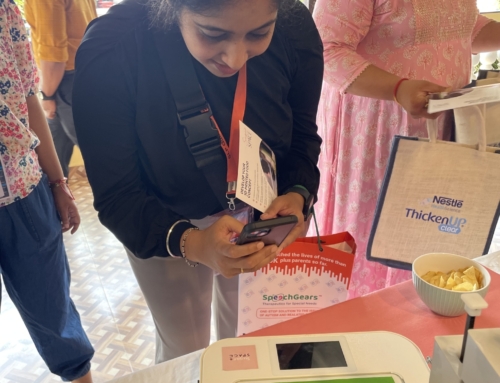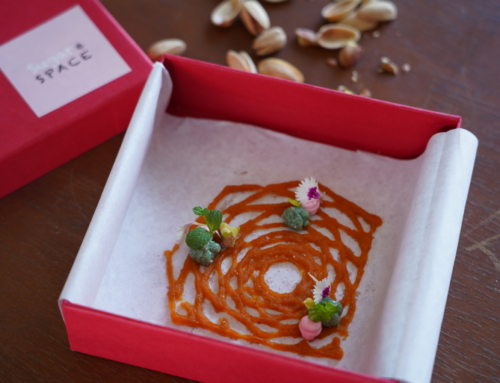If you (like many of us) find yourself mindlessly eating an extra large tub of popcorn at the movies; or scraping that nutella jar while eating ice cream straight from the tub after an argument with your partner, you’re not alone! There’s many causes of emotional eating that we need to consider.
Underlying triggers
If you find yourself using food to cope with your emotions or if you’re eating a good amount despite not being biologically hungry, you’re probably emotionally eating. You may not have deep-seated emotional reasons to eat, but just getting through life’s hassles with some of its irksome tasks; may trigger you to seek food to make it all easier.
Five causes of emotional eating
- Boredom: Studies have shown that boredom is one of the most common triggers of emotional eating regardless of weight. In a research project exploring emotional eating during monotonous vs. engaging work, people who were given monotonous work tended to ”graze” more than those who were given engaging work (irrespective of BMI). Common boredom foods include salted nuts, biscuits, chips, popcorn.
- Productivity guilt: Often, we feel the need to always be doing something in order to feel productive. The moment a tiny hole opens up in our schedules, we might feel the need to fill it- often with food.
- Stress: The rush of adrenaline during stress sets in motion a cascade of biological events to provide immediate energy. Studies have shown that chronic stress or prolonged stress raises cortisol in our bodies. We often cope with stress by eating chocolate or nutella.
- Family: Food has for long been used as a way to show love. Whether it’s big family lunches or romantic dinner dates, we often use food as a medium for celebration. Indian mothers often show love to their children by feeding them cake, dessert and an array of Indian sweets.
- Reward: Have you ever used food to motivate yourself? Perhaps reward yourself with a cheeky ‘treat’ for finishing a difficult task? This could be a bag of M&M’s, some skittles or a couple of Biscoff cookies (you know who you are). Ever since childhood, this association has been instilled in us. Using food as a reward can be self perpetuating as there will always be ongoing tasks and challenges. This mindset locks you in an infinite loop.
What can I do about it?
Find yourself guilty of one (or multiple) incidences mentioned above? It’s not just you, although awareness is half the battle won. An easy question to find out: “if my body only needs a certain amount of food to feel satisfied, but I continue to eat after I’m full, then what other need am i trying to fill with food?”
We had a safe conversation around emotional eating as part of the Food for Thought series with Ishitaa Bhatia, founder of The Nutrition Project.
Sign up for #SugarNews our newsletter to access the latest line up of events.








Leave A Comment